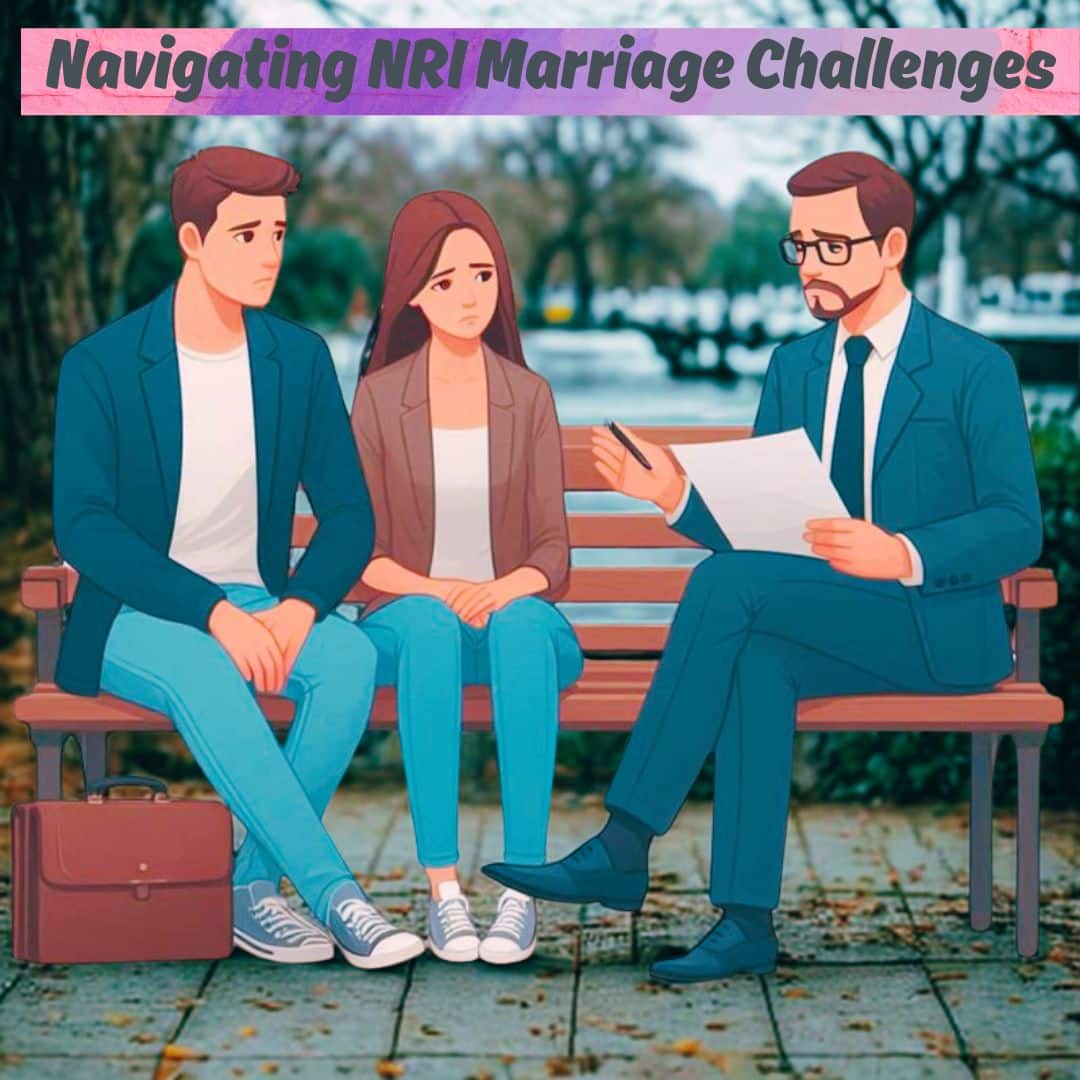Understanding Divorce and Maintenance in NRI Marriages

In today’s globalized world, international marriages are increasingly common. While such relationships often start with love and optimism, they can also face significant legal complications—especially when a marriage ends in divorce. For Non-Resident Indians (NRIs), the path to legal separation, custody, or maintenance can be particularly challenging due to the involvement of multiple legal jurisdictions.
The Complexity of Divorce in an NRI Marriage
When an NRI couple decides to part ways, the process is rarely simple. Laws governing marriage and divorce differ from country to country. Grounds that may be acceptable in one nation might not hold up in another. For example, a divorce based on “irreconcilable differences” may be recognized in the U.S. or U.K. but not under Indian law, which often requires proof of cruelty, desertion, or adultery.
One of the most pressing legal concerns in such cases is the recognition of foreign divorce decrees in India. According to Indian law, for a foreign judgment to be valid, it must meet specific criteria laid out under Section 13 of the Civil Procedure Code (CPC). If the decree is found lacking in fairness or due legal process—or was obtained unilaterally without proper notice to the other party—it may not be considered valid in Indian courts.
This means that even if a couple finalizes a divorce overseas, the marriage may still be legally intact in India unless the decree is recognized here. The implications of this can be serious, particularly for remarriage, custody disputes, or inheritance matters.
Maintenance and Alimony Across Borders
Maintenance or alimony becomes another complicated area in NRI marriage disputes. When spouses live in different countries, the laws governing financial support often clash. What one country considers a reasonable spousal support amount may be unacceptable or unenforceable in another. Additionally, recovering maintenance from a spouse living abroad may require navigating foreign enforcement laws and treaties—something that most individuals are unfamiliar with.
Women, in particular, may face additional hurdles in asserting their rights, especially if they are financially dependent or have limited access to legal resources in the foreign country.
How BLSF Helps in NRI Marriage Disputes
The Bhartiya Legal Support Foundation (BLSF) is dedicated to supporting NRIs facing legal issues related to their marriage. With extensive experience in handling international family law matters, BLSF offers clear, strategic guidance on everything from divorce recognition to alimony enforcement.
Here’s how BLSF can assist:
-
Recognition of Foreign Divorce Decrees: BLSF ensures that overseas divorce decrees are reviewed under Indian legal standards and helps file the necessary petitions for recognition or enforcement.
-
Cross-Border Maintenance Claims: The organization works closely with international partners and Indian legal authorities to help individuals file and enforce maintenance claims across borders.
-
Legal Documentation and Representation: BLSF prepares all necessary paperwork and offers courtroom representation in India, minimizing the legal burden on the client.
-
Child Custody and Visitation Rights: In marriage-related disputes involving children, BLSF helps secure custody or visitation orders that are enforceable in both jurisdictions.
-
Strategic Legal Coordination: BLSF engages with lawyers abroad when needed, creating a coordinated legal approach that aligns with Indian and international laws.